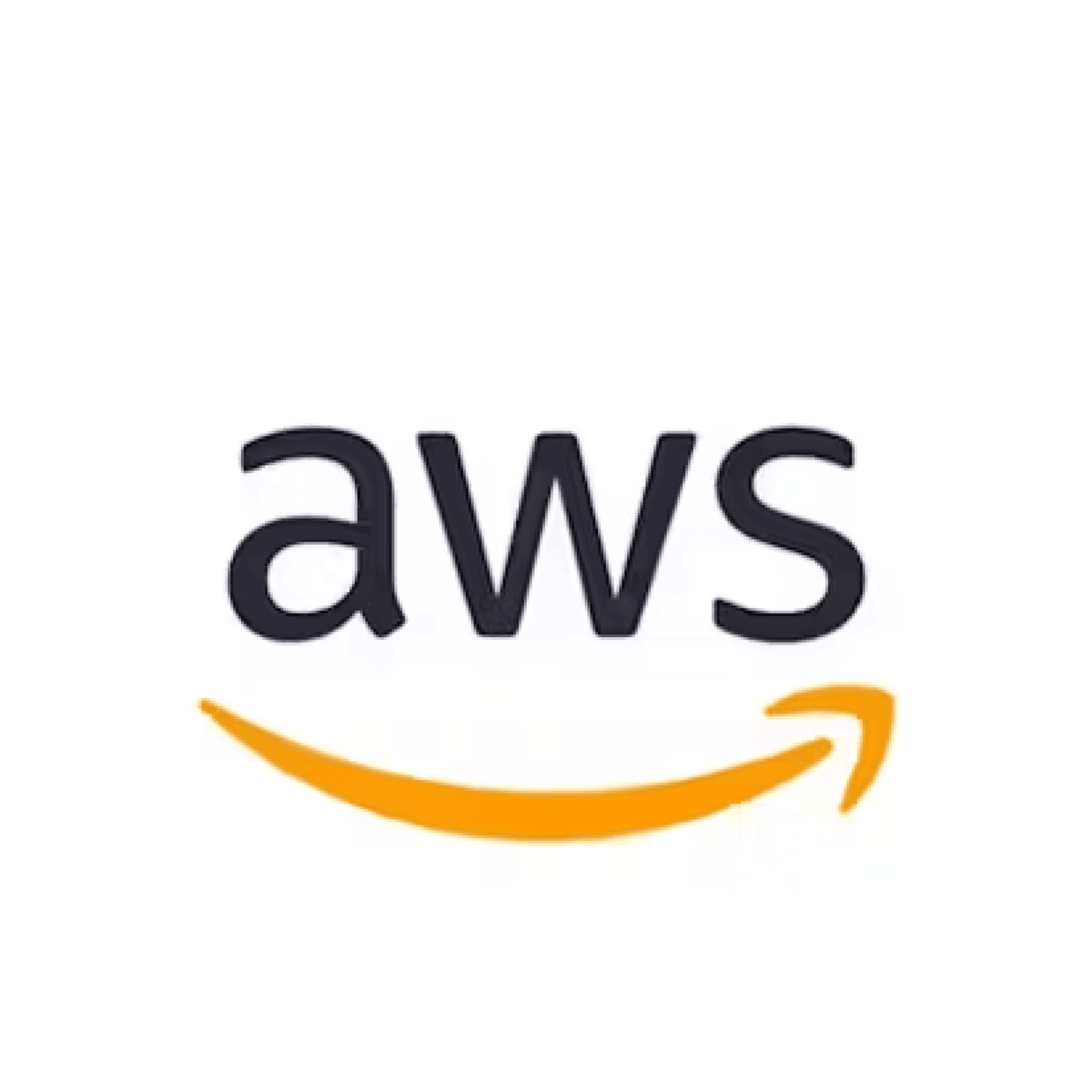
This course introduces you to Amazon DocumentDB (with MongoDB compatibility), the AWS service that provides non-relational document databases.
This course introduces you to the service and its core features and capabilities. You will see how this service integrates with other AWS services and be introduced to important terminology and technology concepts. The course includes a demonstration of Amazon DocumentDB and provides an assessment to help you gauge how well you understand the concepts covered.
What's inside
Syllabus
Good to know
Save this course
Activities
Review SQL
Show steps
Review basic SQL skills before taking Amazon DocumentDB (with MongoDB Compatibility).
Browse courses on
SQL
Show steps
-
Review SQL syntax
-
Practice writing SQL queries
MongoDB Tutorial
Show steps
Complete a MongoDB tutorial to familiarize yourself with the basics before taking Amazon DocumentDB (with MongoDB Compatibility).
Show steps
-
Follow a beginner-friendly MongoDB tutorial
-
Practice writing MongoDB queries
MongoDB: The Definitive Guide
Show steps
Read a book on MongoDB, a popular NoSQL database, to understand its core concepts before taking Amazon DocumentDB (with MongoDB Compatibility).
View
MongoDB: The Definitive Guide
on Amazon
Show steps
-
Read the first few chapters of the book
-
Refer to the book as needed while taking the course
Five other activities
Expand to see all activities and additional details
Show all eight activities
Amazon DocumentDB Tutorial
Show steps
Complete an Amazon DocumentDB tutorial to familiarize yourself with its features and capabilities before taking the course.
Show steps
-
Follow a beginner-friendly Amazon DocumentDB tutorial
-
Practice creating and managing databases
Create a MongoDB Database
Show steps
Create a MongoDB database to practice your skills and solidify your understanding of Amazon DocumentDB (with MongoDB Compatibility).
Show steps
-
Follow a tutorial on creating a MongoDB database
-
Create a simple database with a few collections and documents
MongoDB Practice Exercises
Show steps
Practice your MongoDB skills by completing exercises and challenges continuously with the Amazon DocumentDB (with MongoDB Compatibility) course.
Show steps
-
Find online MongoDB practice exercises
-
Complete as many exercises as possible
Create an Amazon DocumentDB Cluster
Show steps
Create an Amazon DocumentDB cluster to practice your skills and solidify your understanding of Amazon DocumentDB (with MongoDB Compatibility).
Show steps
-
Follow a tutorial on creating an Amazon DocumentDB cluster
-
Create a cluster with a few nodes
Amazon DocumentDB Practice Exercises
Show steps
Practice your Amazon DocumentDB skills by completing exercises and challenges continuously with the Amazon DocumentDB (with MongoDB Compatibility) course.
Show steps
-
Find online Amazon DocumentDB practice exercises
-
Complete as many exercises as possible
Review SQL
Show steps
Review basic SQL skills before taking Amazon DocumentDB (with MongoDB Compatibility).
Browse courses on
SQL
Show steps
- Review SQL syntax
- Practice writing SQL queries
MongoDB Tutorial
Show steps
Complete a MongoDB tutorial to familiarize yourself with the basics before taking Amazon DocumentDB (with MongoDB Compatibility).
Show steps
- Follow a beginner-friendly MongoDB tutorial
- Practice writing MongoDB queries
MongoDB: The Definitive Guide
Show steps
Read a book on MongoDB, a popular NoSQL database, to understand its core concepts before taking Amazon DocumentDB (with MongoDB Compatibility).
View
MongoDB: The Definitive Guide
on Amazon
Show steps
- Read the first few chapters of the book
- Refer to the book as needed while taking the course
Amazon DocumentDB Tutorial
Show steps
Complete an Amazon DocumentDB tutorial to familiarize yourself with its features and capabilities before taking the course.
Show steps
- Follow a beginner-friendly Amazon DocumentDB tutorial
- Practice creating and managing databases
Create a MongoDB Database
Show steps
Create a MongoDB database to practice your skills and solidify your understanding of Amazon DocumentDB (with MongoDB Compatibility).
Show steps
- Follow a tutorial on creating a MongoDB database
- Create a simple database with a few collections and documents
MongoDB Practice Exercises
Show steps
Practice your MongoDB skills by completing exercises and challenges continuously with the Amazon DocumentDB (with MongoDB Compatibility) course.
Show steps
- Find online MongoDB practice exercises
- Complete as many exercises as possible
Create an Amazon DocumentDB Cluster
Show steps
Create an Amazon DocumentDB cluster to practice your skills and solidify your understanding of Amazon DocumentDB (with MongoDB Compatibility).
Show steps
- Follow a tutorial on creating an Amazon DocumentDB cluster
- Create a cluster with a few nodes
Amazon DocumentDB Practice Exercises
Show steps
Practice your Amazon DocumentDB skills by completing exercises and challenges continuously with the Amazon DocumentDB (with MongoDB Compatibility) course.
Show steps
- Find online Amazon DocumentDB practice exercises
- Complete as many exercises as possible
Career center
Data Architect
Database Developer
Database Administrator
Business Analyst
Software Engineer
Data Analyst
Product Manager
Cloud Architect
Cloud Engineer
Technical Writer
Systems Engineer
Project Manager
Quality Assurance Analyst
Data Scientist
Machine Learning Engineer
Reading list
Share
Similar courses
OpenCourser helps millions of learners each year. People visit us to learn workspace skills, ace their exams, and nurture their curiosity.
Our extensive catalog contains over 50,000 courses and twice as many books. Browse by search, by topic, or even by career interests. We'll match you to the right resources quickly.
Find this site helpful? Tell a friend about us.
We're supported by our community of learners. When you purchase or subscribe to courses and programs or purchase books, we may earn a commission from our partners.
Your purchases help us maintain our catalog and keep our servers humming without ads.
Thank you for supporting OpenCourser.


